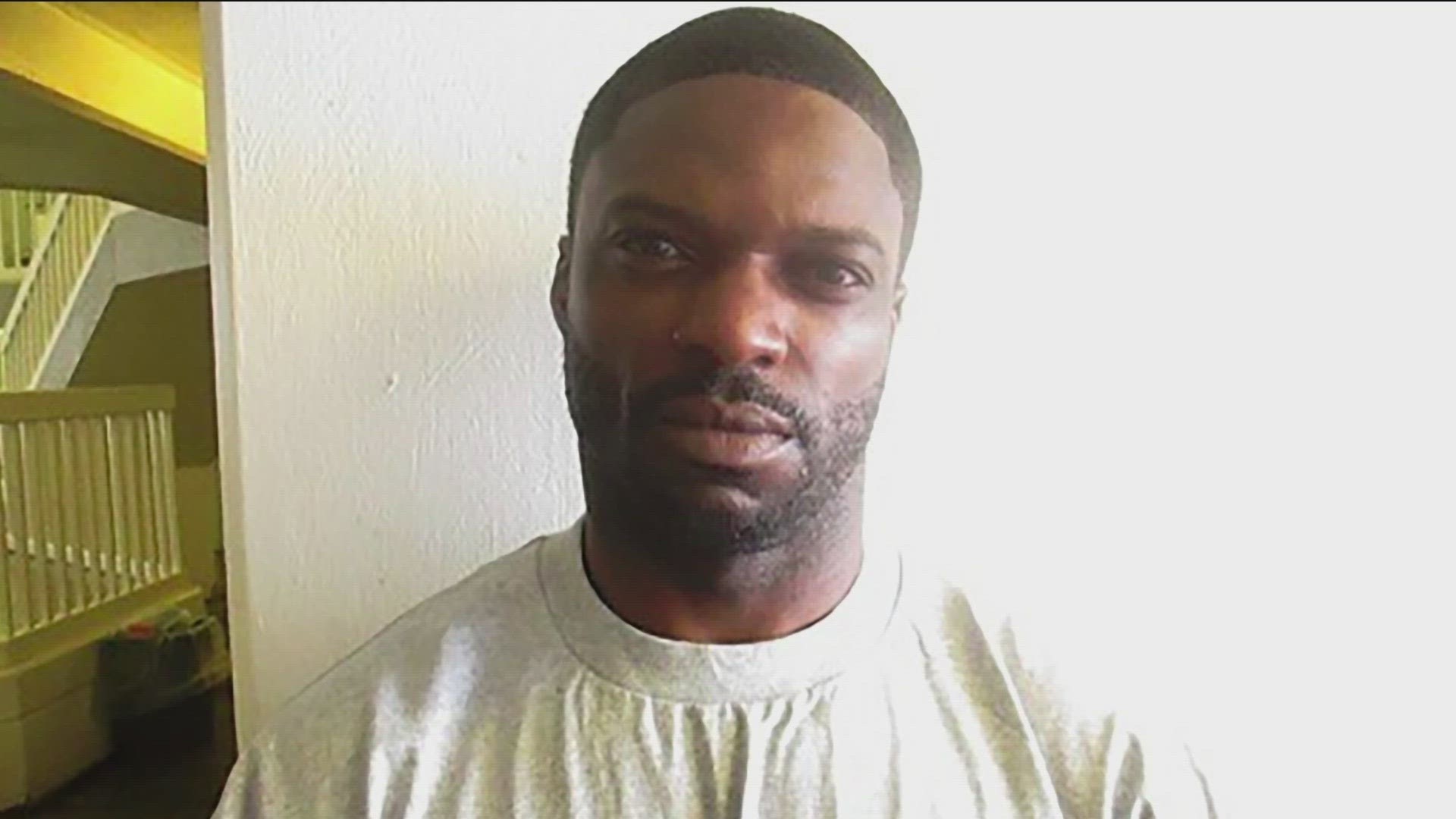OKLAHOMA, USA — The Oklahoma House of Representatives passed a bill, 68-14, that would make the death penalty process confidential on April 24, and before that, SB 1702 passed in the Senate on March 11.
Now, it's up to Gov. Kevin Stitt to sign it into law.
If signed into law, this would bar access to records tied to past and future executions. This includes confidentiality for any person or entity involved in an execution such as doctors or drugs used.
"The identity of all persons who participate in or administer the execution process and persons who produce or supply the drugs, medical supplies, or medical equipment for the execution shall be confidential and shall not be subject to discovery in any civil or criminal proceedings," the bill says.
Any medical supplies purchased for the execution would also not be subject to the Oklahoma Central Purchasing Act, which requires all state agencies to go through certain procedures when purchasing any products, supplies, services, or equipment.
However, the bill does require the warden to invite certain people to be present for the executions, including:
- A physician from the county where the crime occurred
- The county's district attorney
- The judge who issued the death penalty
- Law enforcement officials who investigated the crime or testified in court
- Secretary of Public Safety, "as well as any other personnel or correctional personnel deemed appropriate"
At the defendant's request, the following people may be invited as well:
- No more than two ministers
- No more than five persons, relatives, or friends
The bill says immediate family members would be given a separate area to witness the execution than other non-family member witnesses; "however, if there are multiple deceased victims, the department shall not be required to provide separate areas for each family of each deceased victim," the bill says.
Instead, the Department of Corrections will broadcast the execution through a "closed circuit television system."
Additionally, "reporters from recognized members of the news media shall be admitted upon proper identification, application, and approval of the warden."
House Democratic Leader Rep. Cyndi Munson believes the bill impedes transparency and urged Gov. Kevin Stitt to veto the bill.
"This is a scary bill that pulls the wool over an already non-transparent, problematic process," she said. "This bill essentially makes it impossible for the families of those who undergo the death penalty to find out what happened on the execution table, what drugs were used, and who was administering the drugs. It eliminates the responsibility needed for those who are killing people in the name of the State of Oklahoma."
Additionally, she said it keeps taxpayers in the dark about what their tax dollars are being used for.
"It is also unfair to taxpayers who pay for these executions and deserve to know what process their tax dollars are funding," Munson said.
5NEWS has reached out to Sen. Julie Daniels, the author of the bill.
For the full text of SB 1702, click here.
Related:
Watch 5NEWS on YouTube.
Download the 5NEWS app on your smartphone:
Stream 5NEWS 24/7 on the 5+ app: How to watch the 5+ app on your streaming device
To report a typo or grammatical error, please email KFSMDigitalTeam@tegna.com and detail which story you're referring to.

